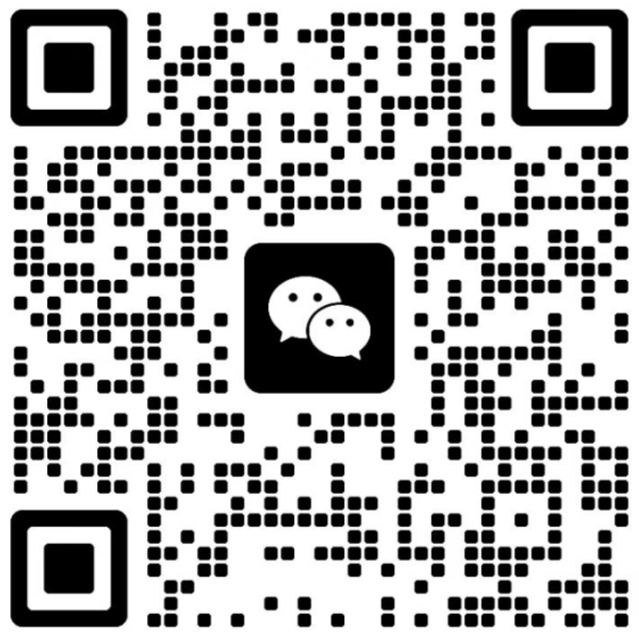I. Rubber-sheathed Flexible Cable Specifications
Rubber-sheathed flexible cables are classified into heavy-duty rubber-sheathed flexible cables (YC cables and YCW cables), medium-duty rubber-sheathed flexible cables (YZ cables and YZW cables), and light-duty rubber-sheathed flexible cables (YQ cables and YQW cables); waterproof rubber-sheathed flexible cables (JHS cables and JHSB cables); and welding machine cables (YH cables and YHF cables). YHD cables are tinned power cables for field use. The specifications of rubber-sheathed flexible cables are shown in the figure below:
W-type derivative cables, such as YCW cables, offer weather resistance and a certain degree of oil resistance compared to YC cables, making them suitable for outdoor use or in applications exposed to oil and dirt. Heavy-duty cables can withstand significant mechanical forces.
General-purpose light-duty rubber-sheathed flexible cables are used for household appliances and small electrical equipment. They are flexible, lightweight, and have good bending properties. In addition to industrial applications, medium-duty rubber-sheathed flexible cables are widely used in agricultural electrification. Heavy-duty rubber-sheathed flexible cables are widely used in applications such as port machinery, searchlights, and large-scale irrigation and drainage stations.
II. Meaning of Rubber-Sheathed Flexible Cable Models:
Y Model - Rubber Insulation;
C Model - Heavy-Duty Cable;
Z Model - Medium-Duty Cable;
Q Model - Light-Duty Cable;
W Model - Weather-Resistant and Oil-Resistant, Suitable for Outdoor Use or Applications Exposed to Oil and Contaminants;
B Model - Flat Cable;
ZR Model - Flame-Retardant;
III. Implementation Standards for Rubber-Sheathed Flexible Cables
1. This product complies with Chinese national standards GB/T5013-2008, "Rubber Insulated Cables with Rated Voltages of 450/750V and Below," and JB8735-1998, and is consistent with the requirements of International Electrotechnical Commission IEC 245 (1994).
2. The rated voltage Uo/U of the cables is 450/750V for YC cables, 300/500V for YZ cables, and 300/300V for YQ cables. The long-term permissible operating temperature of the cables shall not exceed 65°C. 3. The cable has a reasonable structure, is flexible, wear-resistant, and mechanically strong. W-type cables are weather-resistant and have a certain degree of oil resistance, making them suitable for outdoor use or in locations exposed to oil and dirt.
4. The national standard for mining rubber-sheathed flexible cables complies with GBT12972-2008. Rubber-sheathed flat cables are suitable for use in household appliances, power tools, and various mobile electrical equipment with an AC rated voltage of 450/750V or below. YCWB cables are 450/750V, YZWB cables are 300/500V, and YQWB cables are 300/300V. The long-term permissible operating temperature of the core should not exceed 65°C.
5. There are currently no national or industry standards for waterproof rubber-sheathed flexible cables, only enterprise standards. Generally, the cables should withstand a 2-hour transverse sealing water pressure test at a water pressure of 3040Pa without leaking.
6. Welding machine rubber-sheathed flexible cable (YH cable), also known as high-strength rubber-sheathed welding cable, commonly known as welding handle cable, is a type of YC rubber-sheathed flexible cable (compliant with national standard GB/T5013). This specialized cable is used for secondary wiring of welding machines and for connecting welding clamps and welding machines. It features high resistance and low voltage. The operating voltage is generally 450V to 750V; common welding cable specifications include 16mm², 25mm², 35mm², 50mm², 70mm², 95mm², and 120mm².
IV. How is the grounding core wire of a rubber-sheathed flexible cable used?
The grounding core wire of a rubber-sheathed cable should not be used for any other purpose except to monitor the ground loop. This is because common-mode interference, a type of conducted interference, exists between the phase/ground wire and the neutral/ground wire. Good grounding effectively suppresses common-mode interference.
5. Do rubber-sheathed flexible cables require 3C certification?
Rubber-sheathed flexible cables that comply with GB/T5013-2008 and JB/T8735-2011 standards require CCC certification. Rubber-insulated wires and cables with a rated voltage of 450/750V or below, and polyvinyl chloride insulated wires and cables with a rated voltage of 450/750V or below, require 3C certification.

